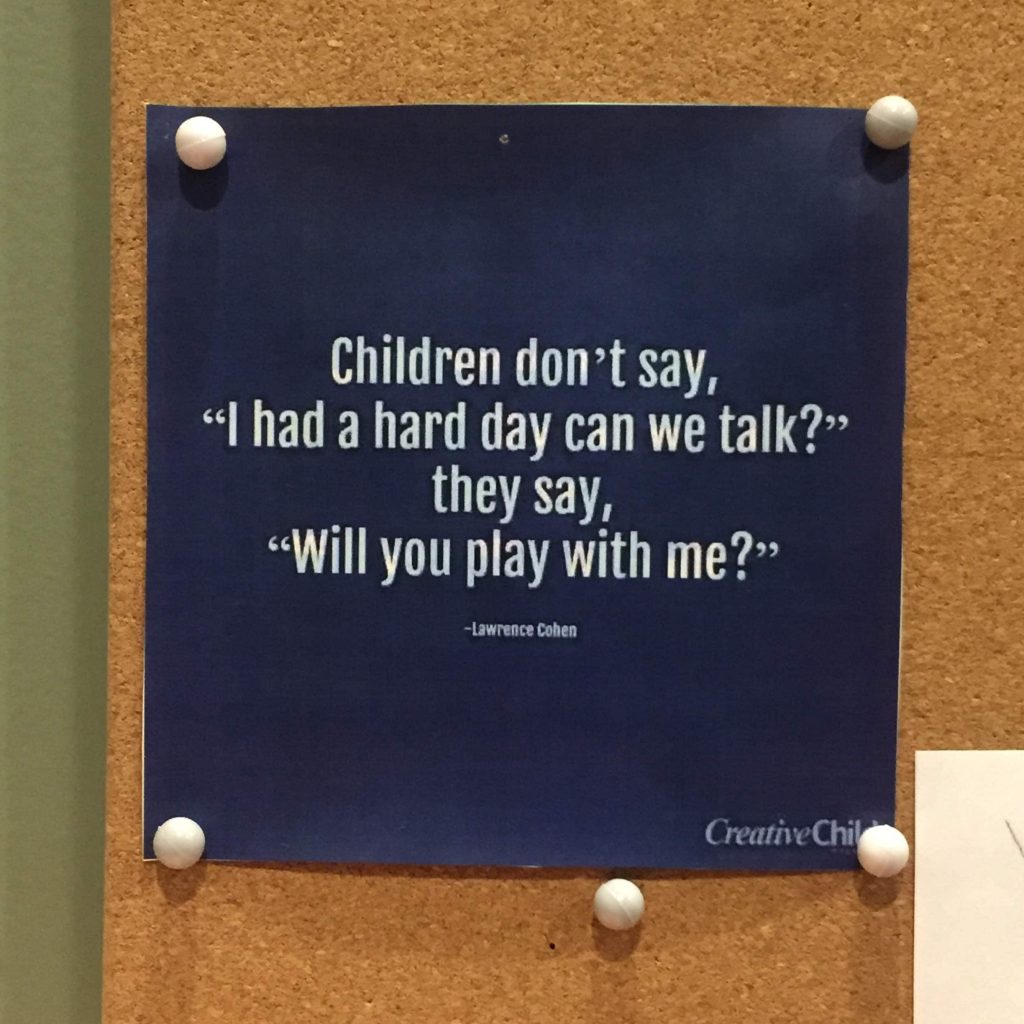There is an old saying, “Play is children’s work.” In an ASAP, over-scheduled world, our society has lost sight of this. Kids are involved in extra-curricular activities every night of the week, and schools are under enormous pressure to decrease play and increase academic as well as enrichment activities. There is no time left for kids to be kids and just play.
Through play and peer engagement, kids learn a variety of pro-social behaviors such as impulse control, delay of gratification, emotional and behavioral regulation and problem solving. Kids learn how to interact with and appropriately react to others by engaging in child-led activities where the children set, negotiate, and follow the rules.
During imaginative play with other children, kids learn the art of private speech or self-talk. Kids talk to themselves about what they will do and how they will do it. If adults set up and direct their play, kids miss out on developing and practicing this crucial step in social development. Kids need to practice policing themselves or they will never learn how to do it on their own.
We have a generation of children who do not know how to play, and adults who do not know how to let them. Allowing kids to play and develop their own types of play is uncomfortable for many adults. We want to save them from making a mistake, being frustrated, or feeling the pain and disappointment of losing.
In order for kids to learn how to handle frustration and disappointment, we have to let them encounter it and work through it themselves.
About the Author: Carrie Zinser, LMSW is a licensed therapist at BRAINS in Grand Rapids, MI. Carrie spent almost 20 years working in the public school system with the special education population. Through this experience she learned to understand the importance of everyone working together as a team to help a child meet his or her maximum potential. Carrie uses play therapy, direct teaching, and behavioral and supportive therapy techniques to help address client identified concern areas.
